Safety razor manufacturer Gillette dropped its latest advertisement yesterday, which turns out not to be about shaving at all, though it is, in a way, about personal care.
The company's "We Believe" ad weighs in on topics like toxic masculinity, sexual harassment, and the #MeToo movement. The company even plays off its famous tagline, imploring us: "Is this the best a man can get?"
The video continues "We? We believe in the best in men," and urges male viewers to hold their friends accountable for sexism. The video at one point incorporates footage of actor Terry Crews's 2018 Senate testimony on his own sexual assault, and closes with scenes of men bonding with their children, standing up for other people, and breaking up physical fights.
You can watch the ad for yourself below:
We Believe: The Best Men Can Be | Gillette (Short Film)youtu.be
Reactions to the ad campaign have been rather polarized.
"Basically, this message was delivered in as ego-delicate a manner as possible," writes Jezebel's Hannah Gold, "but of course the malignantly masculine personalities, both public and private, that grow mad at anything possible, piled on to this highly visible expression of, well, brand solidarity."
Look no further than the reaction from English television presenter Piers Morgan, who decried what we perceives as a war on masculinity.
Fox News host Greg Gutfeld characterized the ad as "a smarmy, condescending virtual signal."
Evolutionary behavioral scientist Gad Saad engaged in a session of #NotAllMen-ing which, as expected, completely missed the point.
Emmy-winning actor turned right-wing conspiracy theorist James Woods vowed to never purchase Gillette products.
Conservative national security commentator and analyst John Noonan proclaimed Gillette had crossed a "line" he was kind enough to lay out for us.
The backlash, as strong as it's been, prompted Gillette to release the following statement:
"We expected debate—discussion is necessary. For every negative reaction we've seen many positive reactions, people calling the effort courageous, timely, smart, and much-needed. At the end of the day, sparking conversation is what matters. This gets people to pay attention to the topic and encourages them to consider taking action to make a difference."
But the ad has plenty of supporters, too, and, as one person pointed out, it's become more commercially viable to create advertisements premised around being a good, compassionate human being.
I will close out this article with the following tweet, from conservative talk show host Joe Pagliarulo, whose defensive tweet included the statement "Real men already stop other guys from acting badly."
That may be, Mr. Pagliarulo. But no one is saying masculinity is toxic. People are saying that toxic masculinity is bad. It's quite literally in the name. Insidious horrors enter public parlance once they're assigned names.
Take it from a fellow man who recalls what a friend (also a man) recently shared with him: "If your entire argument is based on trying to own a word, ask yourself why it's so important to you that you own that word. Instead of aspiring to understand a plight, you simply wish to co-opt the role of victim. The energy you're using comes from a bad place. Listen. Stop trying to take another thing for yourself and try to understand why it's not yours."
That says it all. Well done, Gillette.

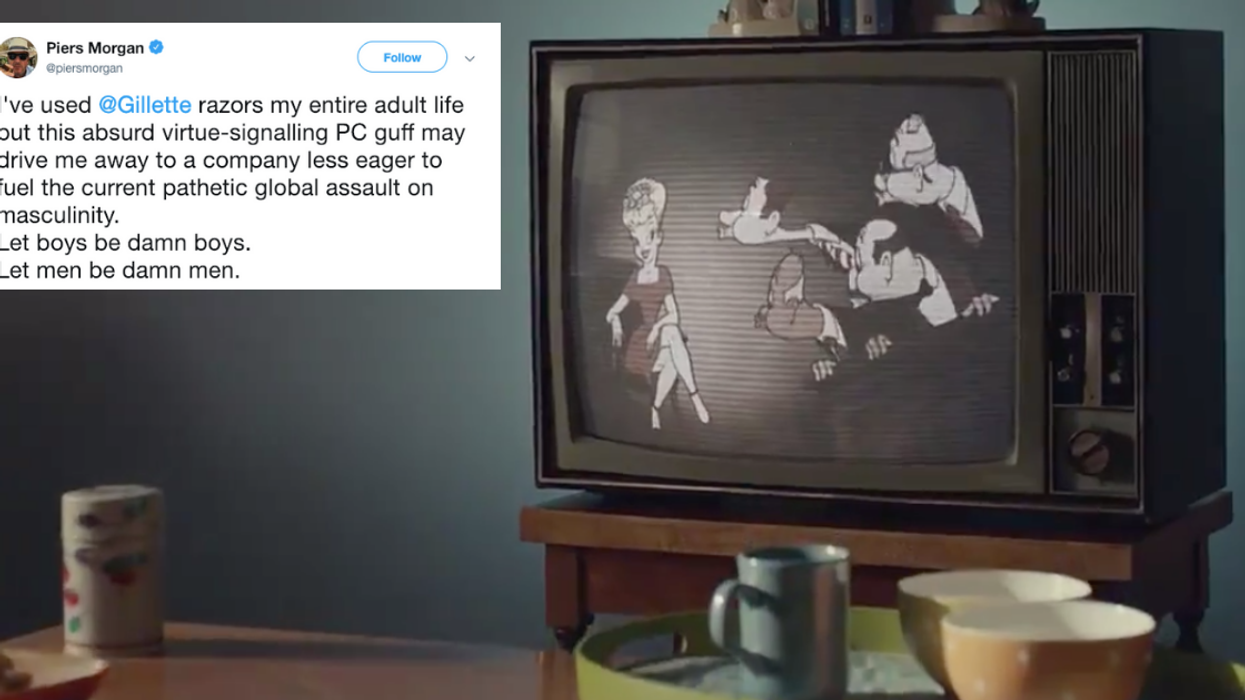



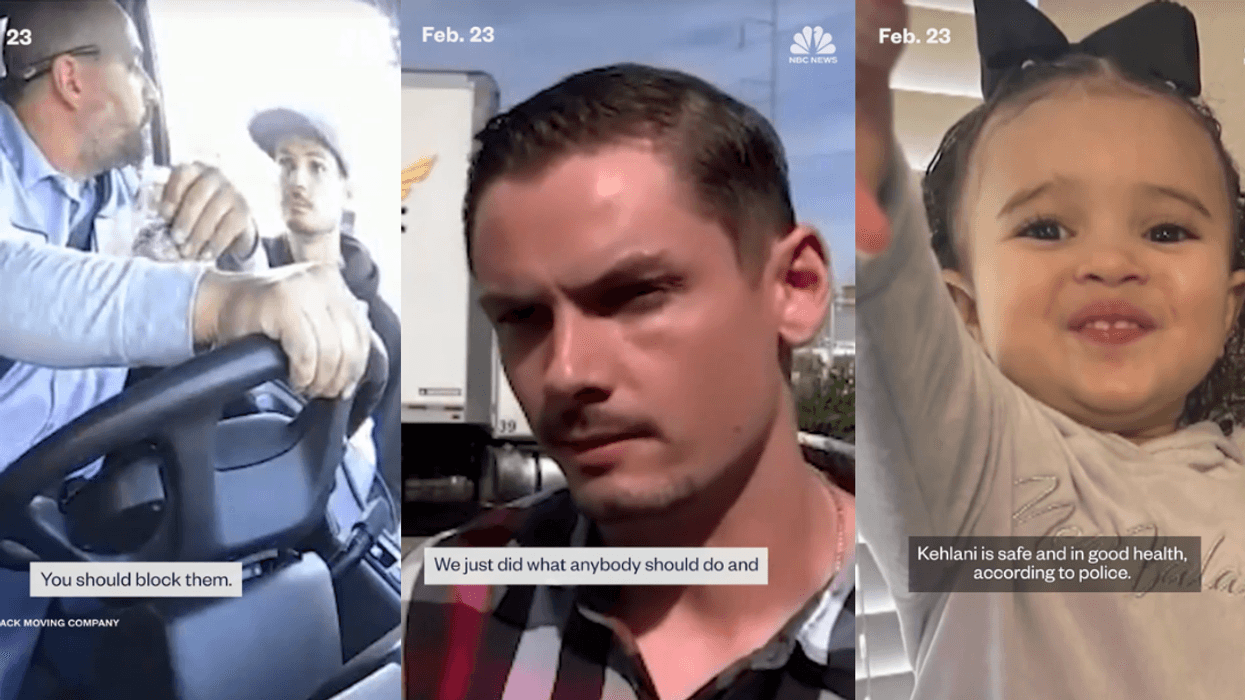
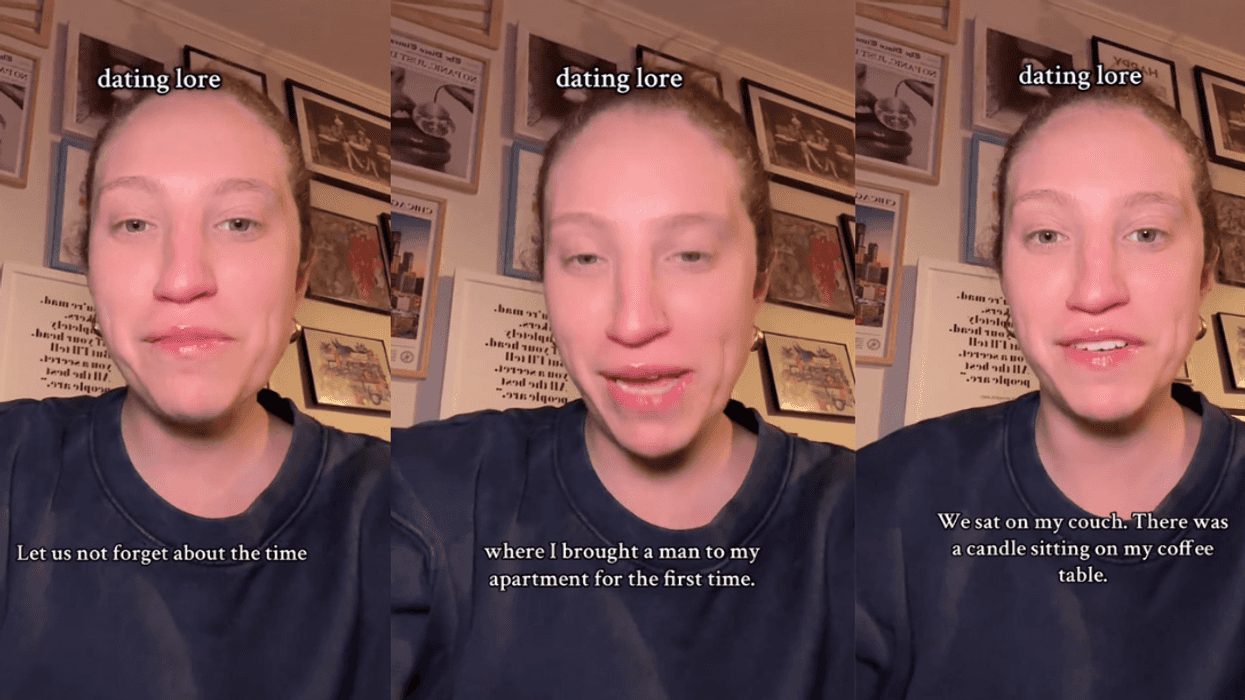
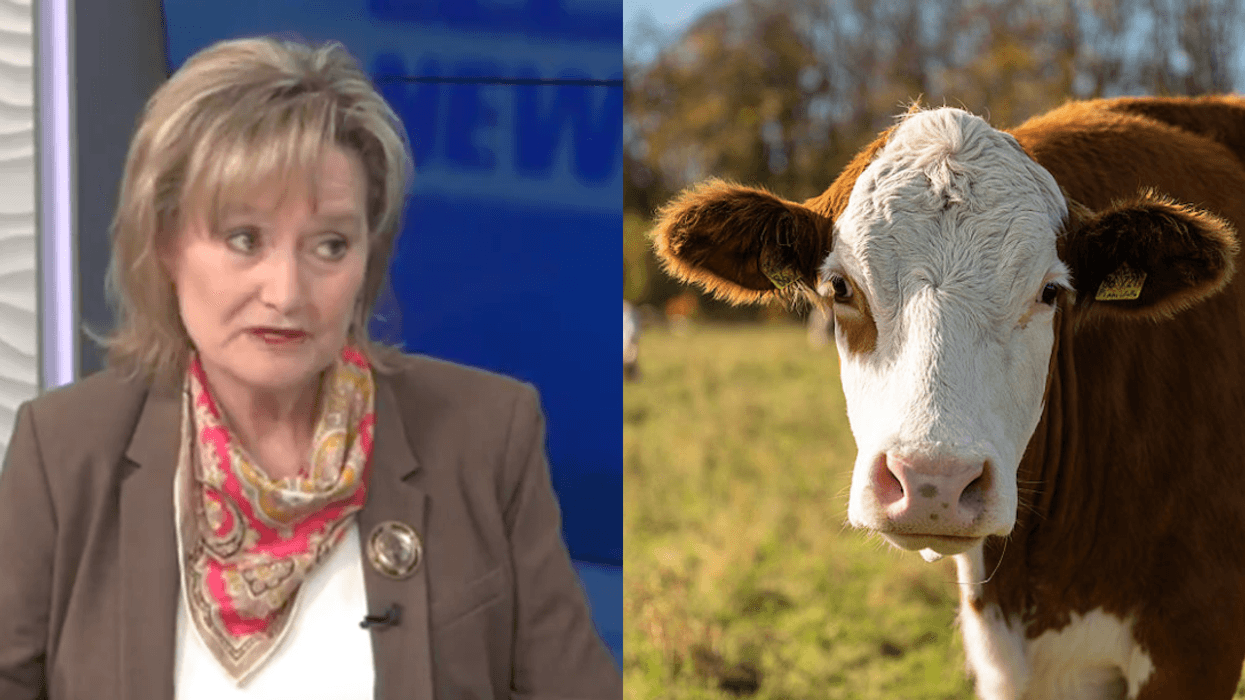




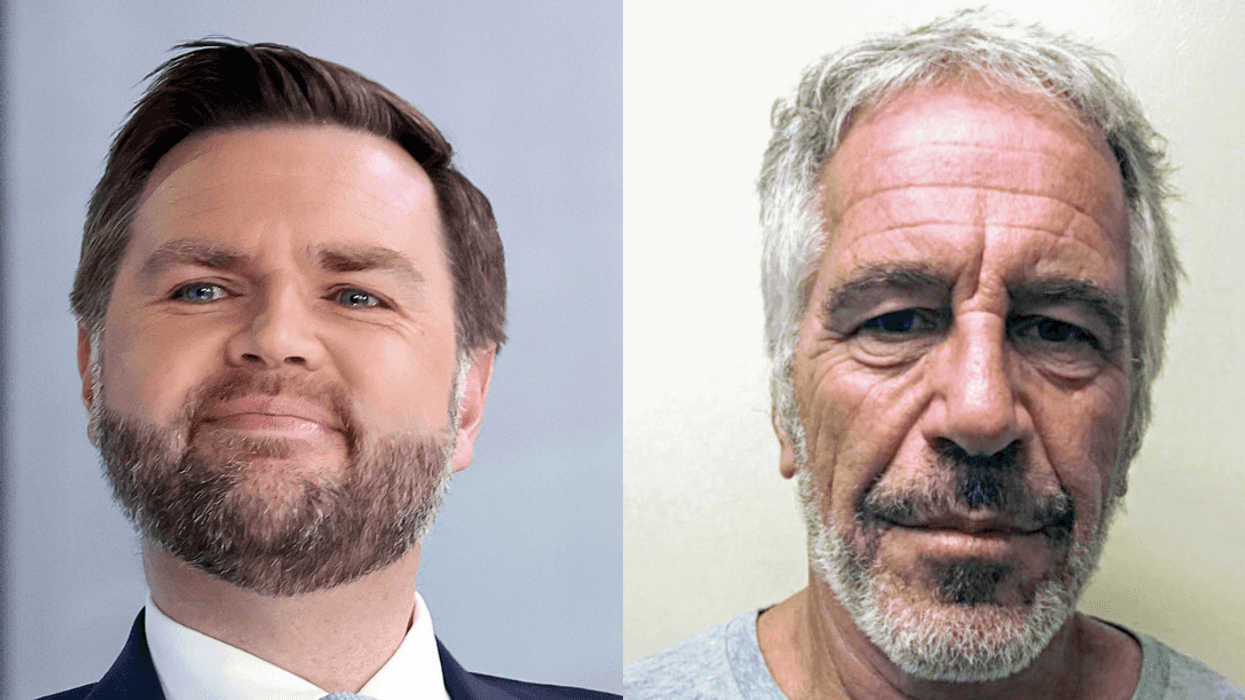
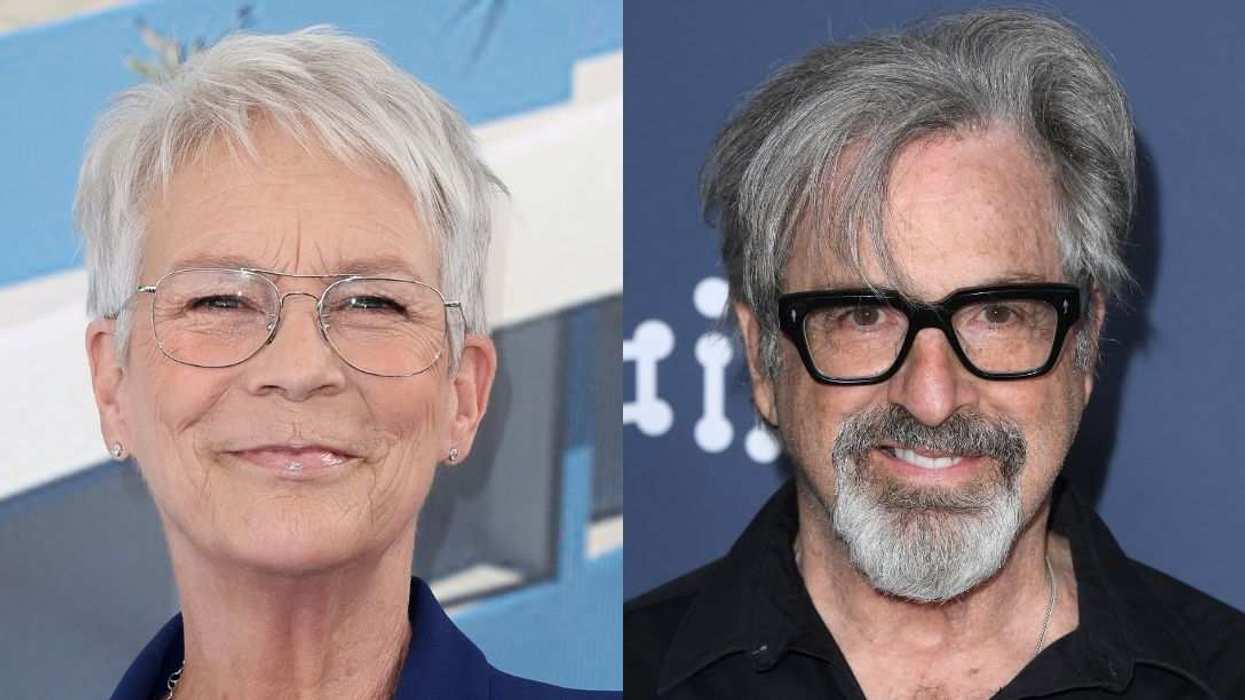
 @ritawilson/Instagram
@ritawilson/Instagram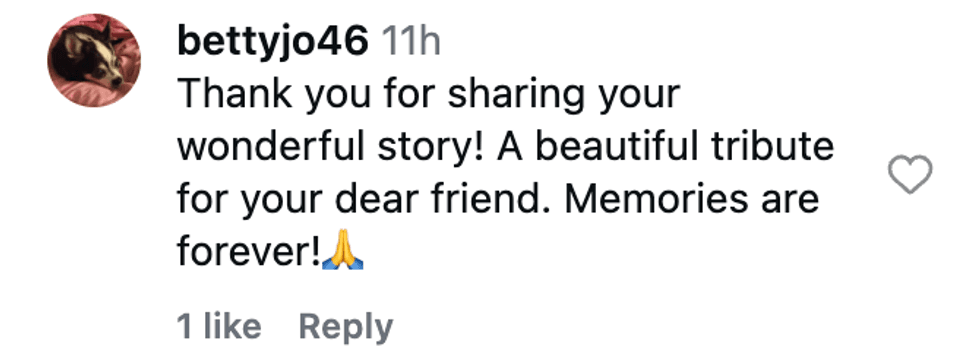 @bettyjo46/Instagram
@bettyjo46/Instagram @dottdott65/Instagram
@dottdott65/Instagram @betseyboop/Instagram
@betseyboop/Instagram @ondinefortune/Instagram
@ondinefortune/Instagram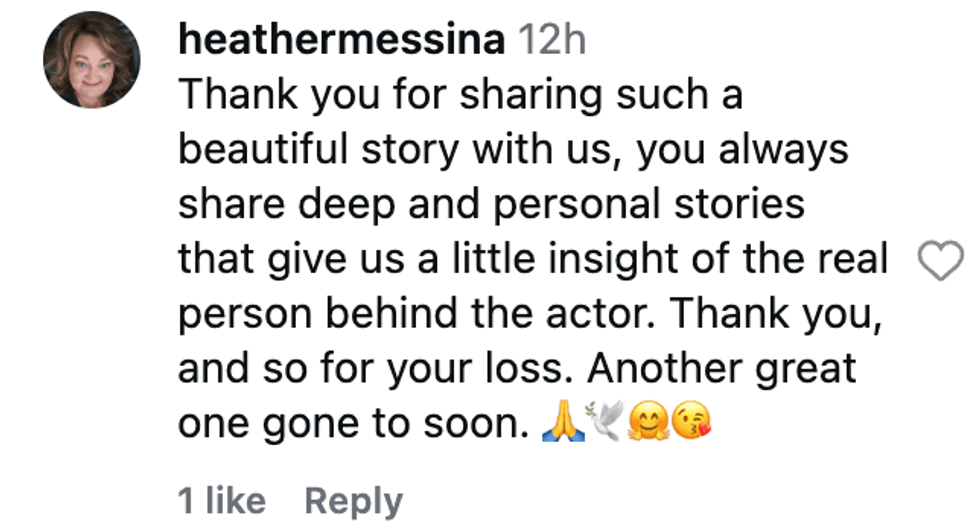 @heathermessina/Instagram
@heathermessina/Instagram @mlejordan/Instagram
@mlejordan/Instagram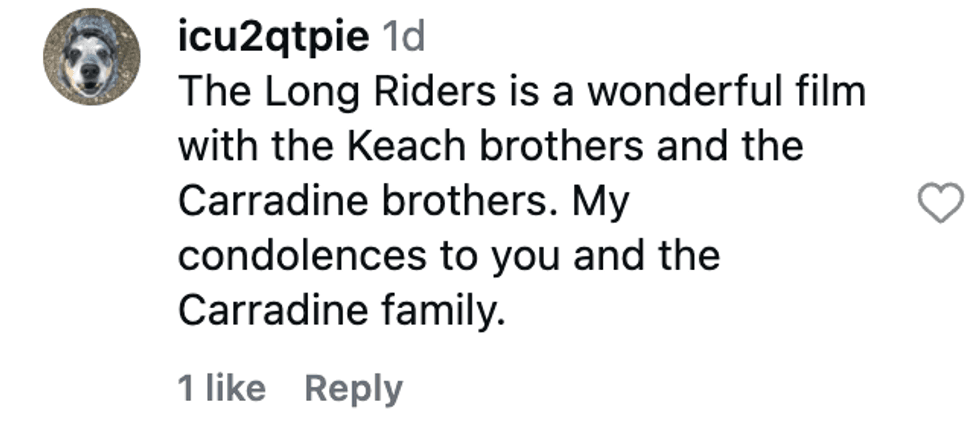 @icu2qtpie/Instagram
@icu2qtpie/Instagram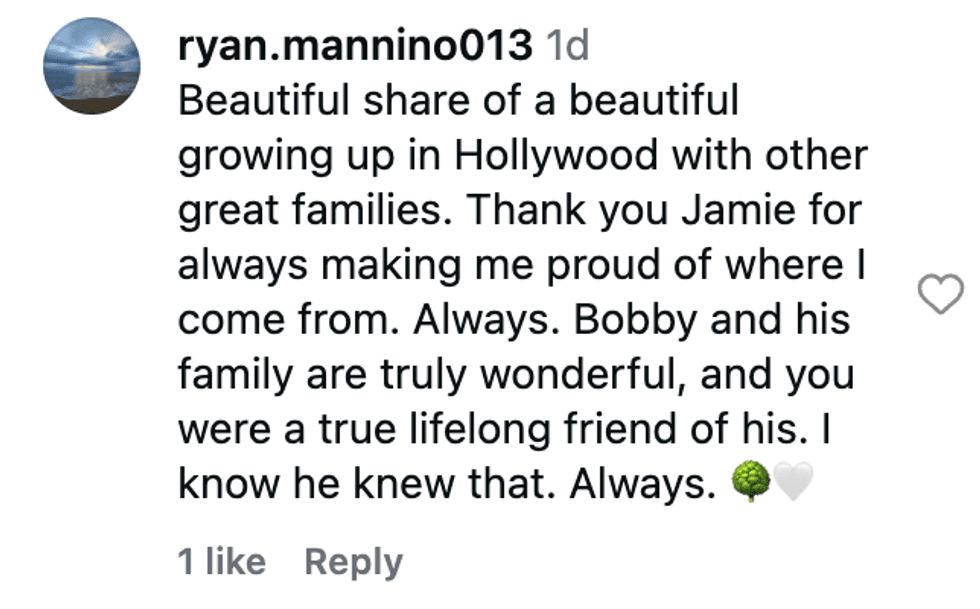 @ryan.mannino013/Instagram
@ryan.mannino013/Instagram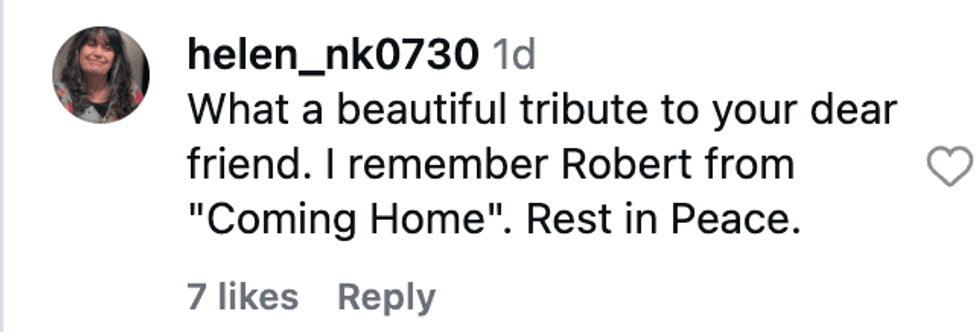 @helen_nk0730/Instagram
@helen_nk0730/Instagram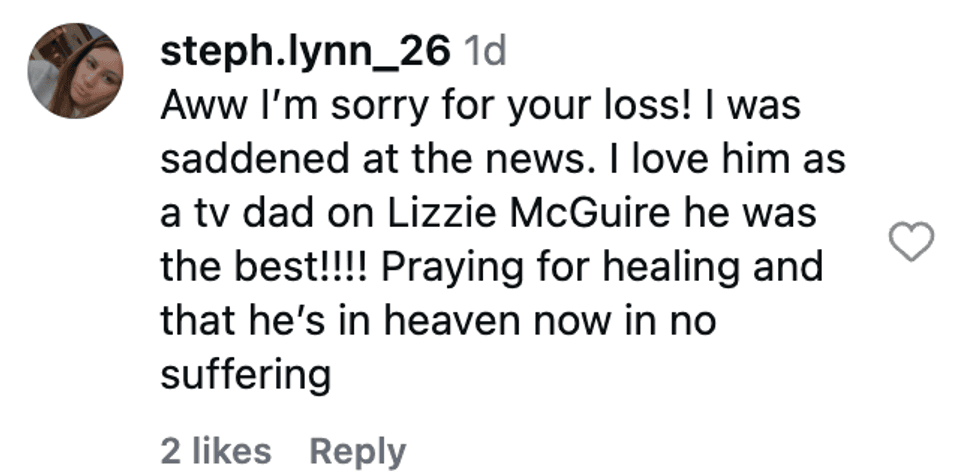 @steph.lynn_26/Instagram
@steph.lynn_26/Instagram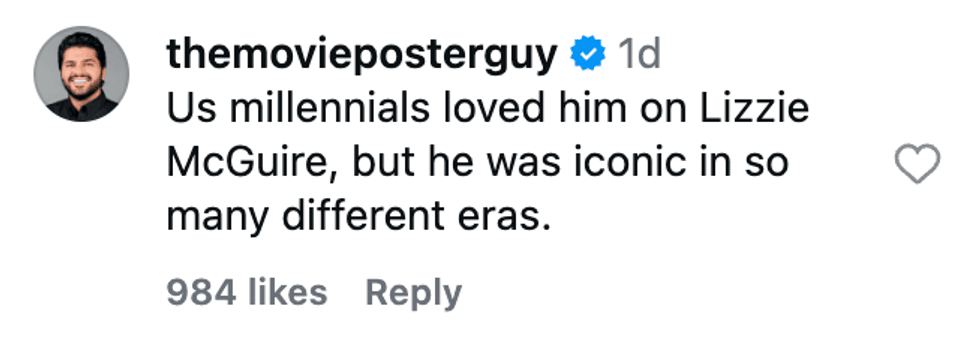 @themovieposterguy/Instagram
@themovieposterguy/Instagram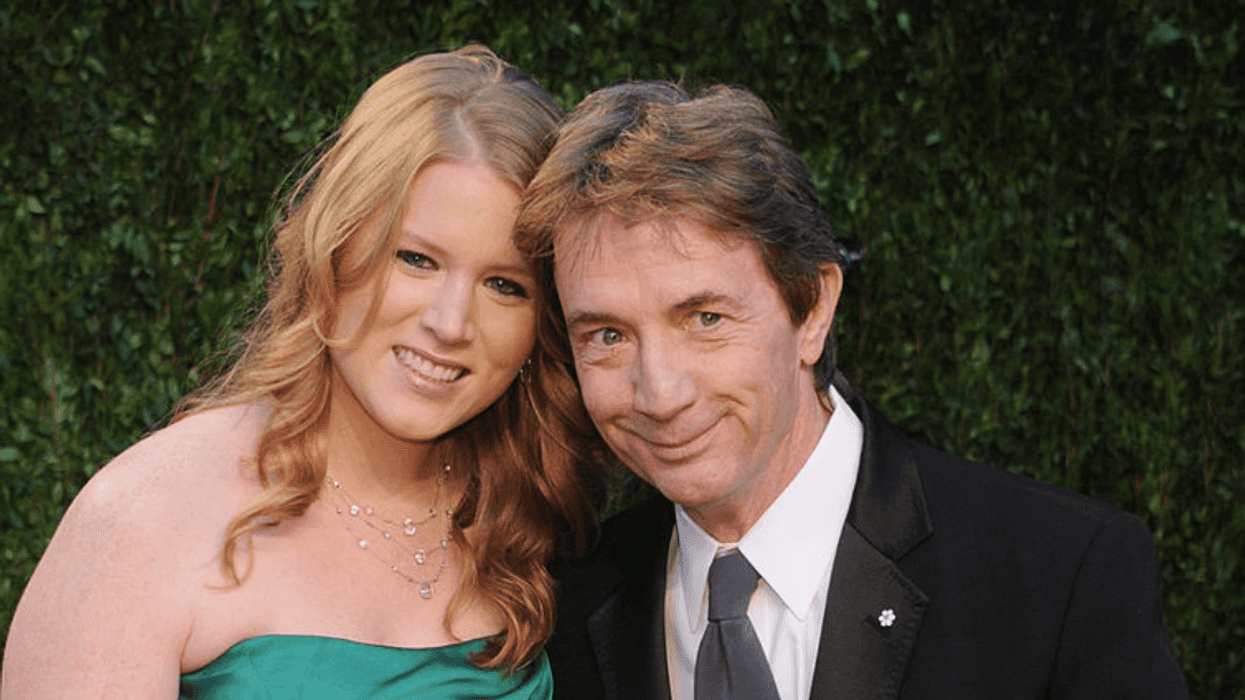
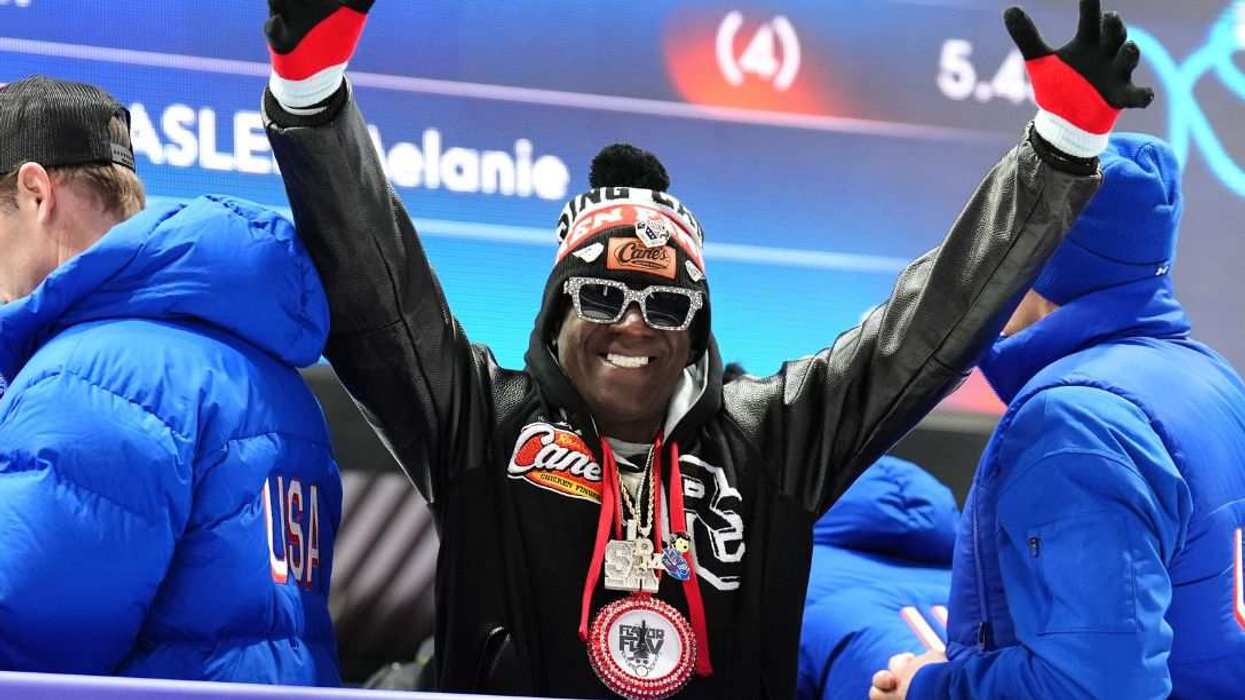
 @lancebass/Instagram
@lancebass/Instagram @aj_mclean/Instagram
@aj_mclean/Instagram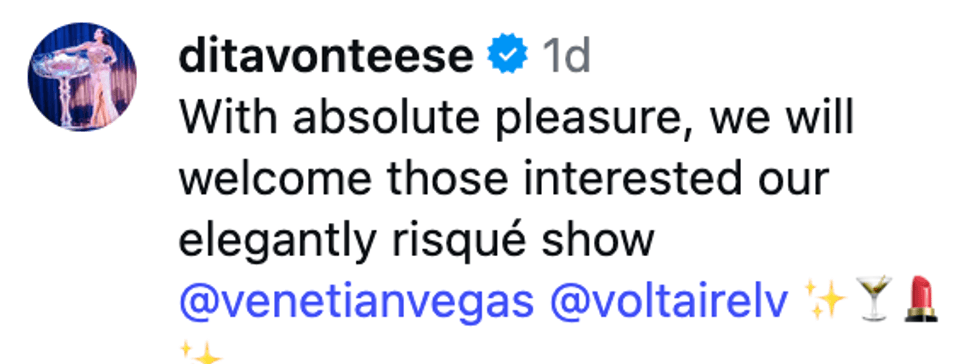 @ditavonteese/Instagram
@ditavonteese/Instagram @tmobilearena/Instagram
@tmobilearena/Instagram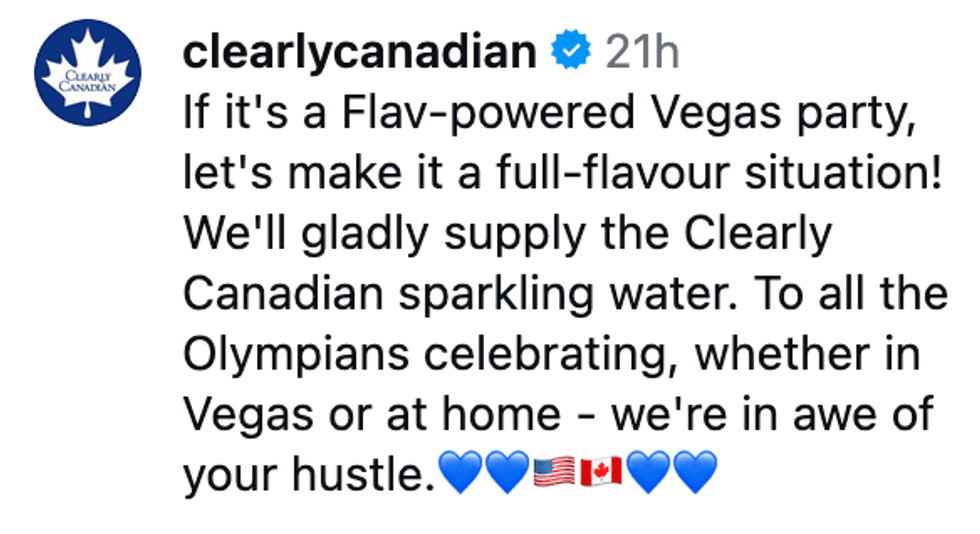 @clearlycanadian/Instagram
@clearlycanadian/Instagram @sprouts/Instagram
@sprouts/Instagram @cityoflasvegas/Instagram
@cityoflasvegas/Instagram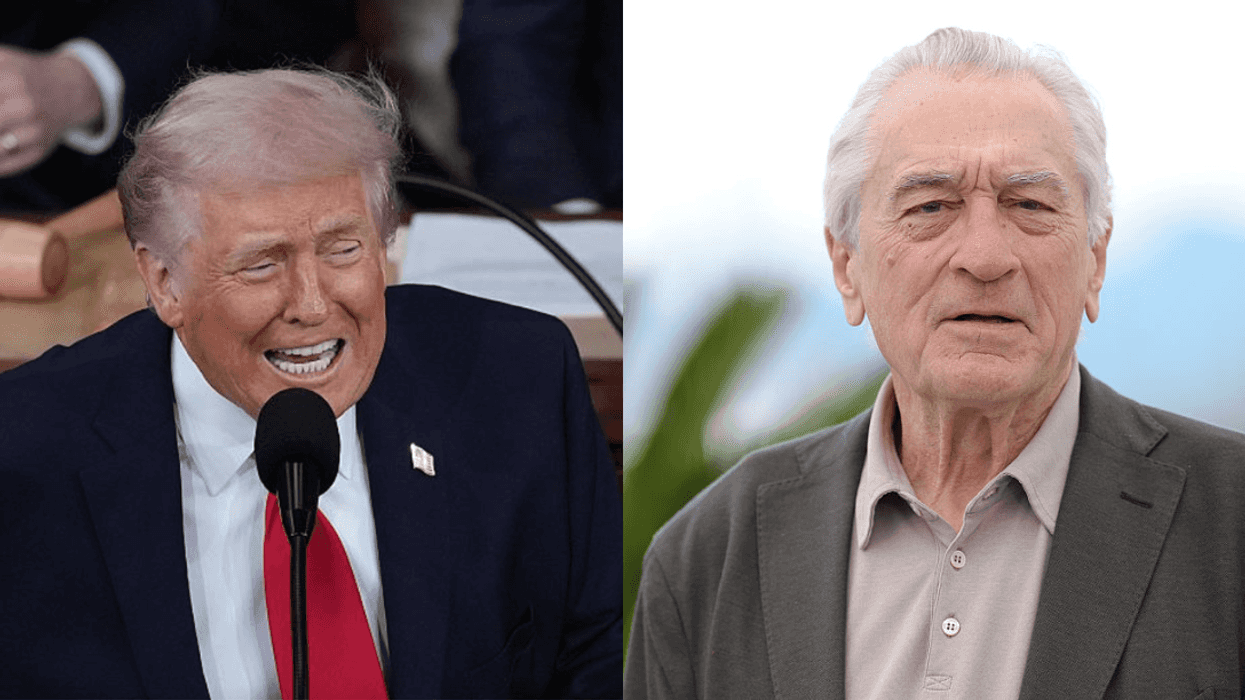
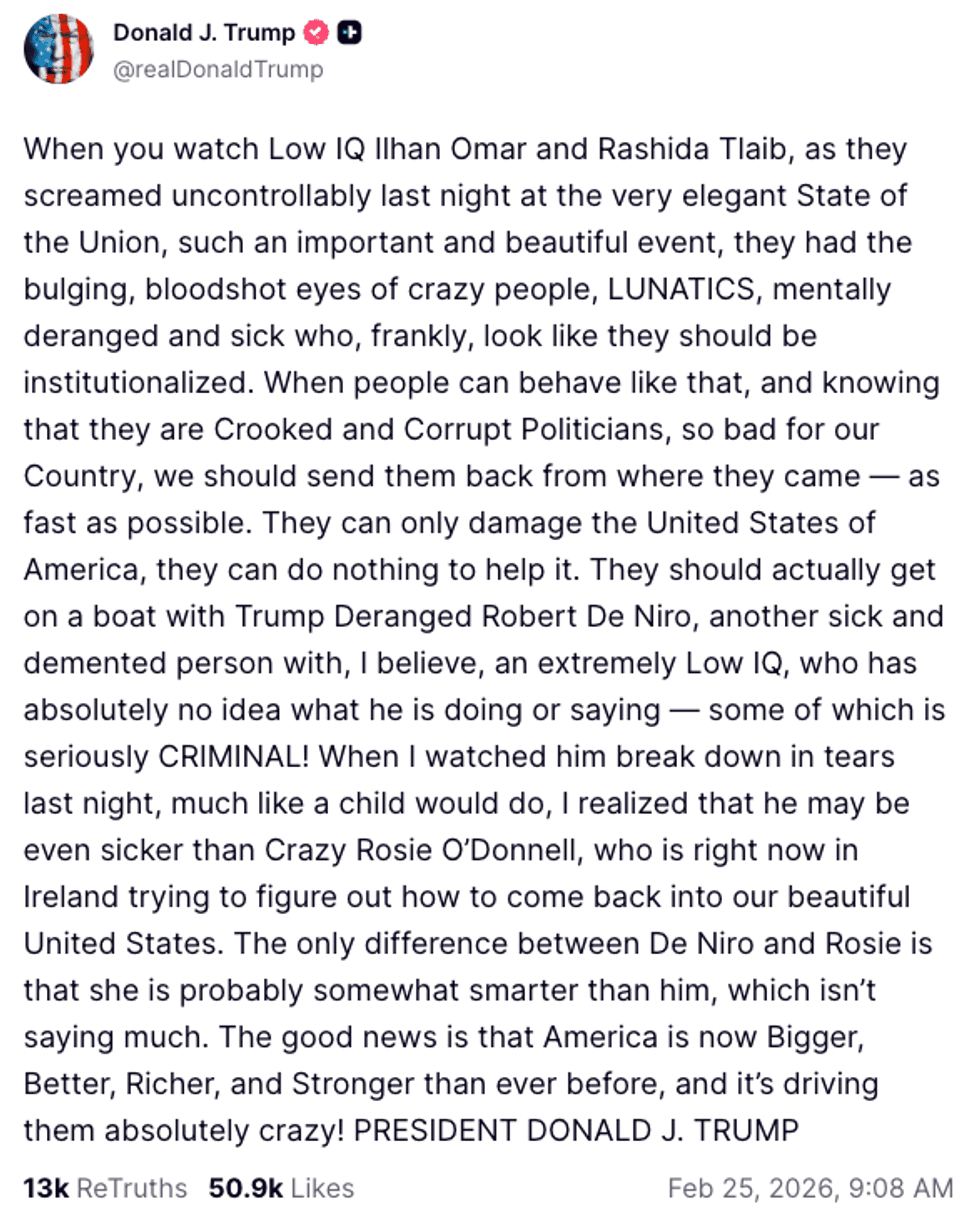 @realDonaldTrump/Truth Social
@realDonaldTrump/Truth Social